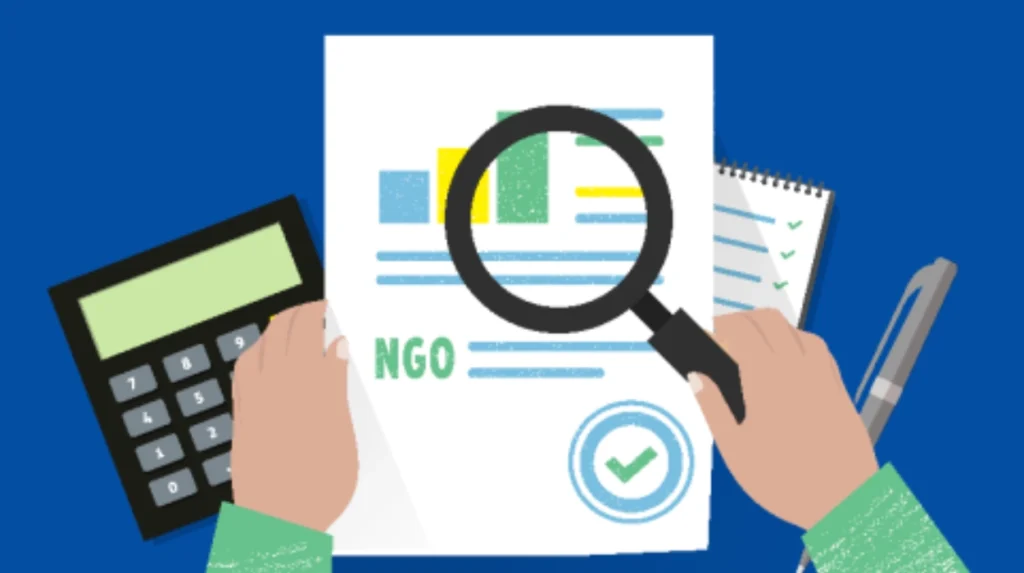Many nonprofits and NGOs in the EU exploit structural gaps, definitional ambiguities, and fragmented national oversight to avoid fully transparent financial disclosure or account filing. Despite EU-level initiatives like the Transparency Register and Financial Transparency System (FTS), enforcement remains inconsistent and mostly relies on self-declaration, making the system vulnerable to misuse.
Major Loopholes Exploited
- Self-declaration of NGO status
Under the EU’s Financial Transparency System, entities register themselves as NGOs without systematic verification of governance structures or government influence. This allows organizations—some even state-linked—to classify themselves as independent nonprofits and bypass stricter auditing requirements. - Fragmented definitions across EU bodies
The European Commission, Member States, and implementing partners interpret what qualifies as an NGO differently. Some entities operate as civil companies or consultancies but register as nonprofits to qualify for specific benefits or exemptions, making tracking and comparison across jurisdictions nearly impossible. - Opaque subsidiary and umbrella structures
Large networks of foundations and associations often scatter their operations across multiple jurisdictions (e.g., one entity in Belgium and another in Luxembourg). They shift financial flows between them, taking advantage of disparities in filing thresholds or delayed reporting cycles to obscure funding origins and expenditures. - Use of minimal national disclosure thresholds
Many Member States exempt small associations from full financial audits or public disclosure if their annual turnover falls below a certain level (such as €25,000–€50,000). NGOs strategically fragment operations into small entities to remain under those thresholds and avoid filing complete accounts. - Inconsistent oversight of EU grant recipients
The European Court of Auditors’ 2025 report found that the Commission disbursed over €7.4 billion to NGOs between 2021 and 2023 without maintaining a central, reliable beneficiary database. This decentralization enables NGOs to receive EU project funds even when their financial disclosures are incomplete or outdated. - Limited scrutiny of lobbying and political spending
The EU Transparency Register, meant to track lobbying, does not fully cover NGOs that frame their advocacy as “public education.” This definitional loophole allows groups engaged in policy influence to omit their true lobbying expenditures and funders.
Systemic Vulnerabilities
According to the European Court of Auditors, no direct evidence of widespread fund misuse was found, but a “hazy picture” persists due to fragmented oversight, unreliable data, and incomplete classification frameworks. NGOs exploiting these gaps can legally avoid publishing accounts or disclosing donors if they position themselves below audit triggers, operate transnationally, or route funds through loosely affiliated associations.
In effect, the EU’s transparency regime for nonprofits is weakened more by regulatory inconsistency and administrative leniency than active concealment, creating a permissive environment for selective disclosure and avoidance of accountability.







